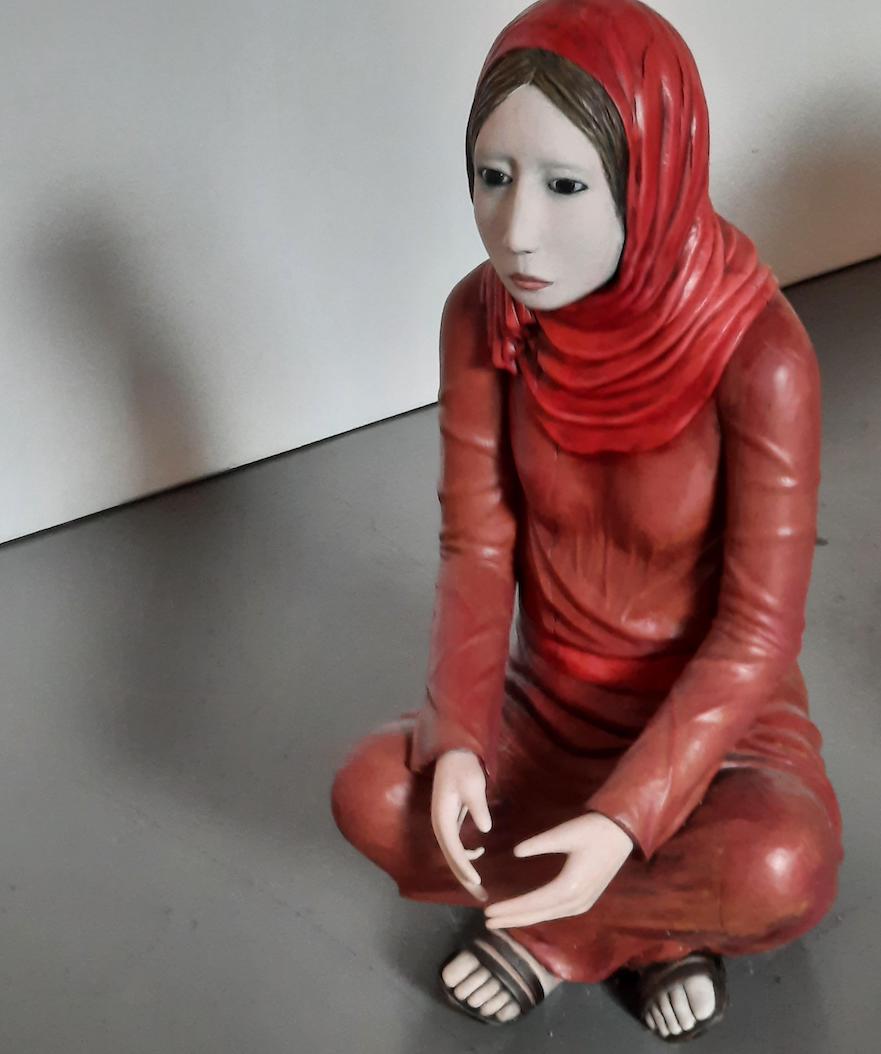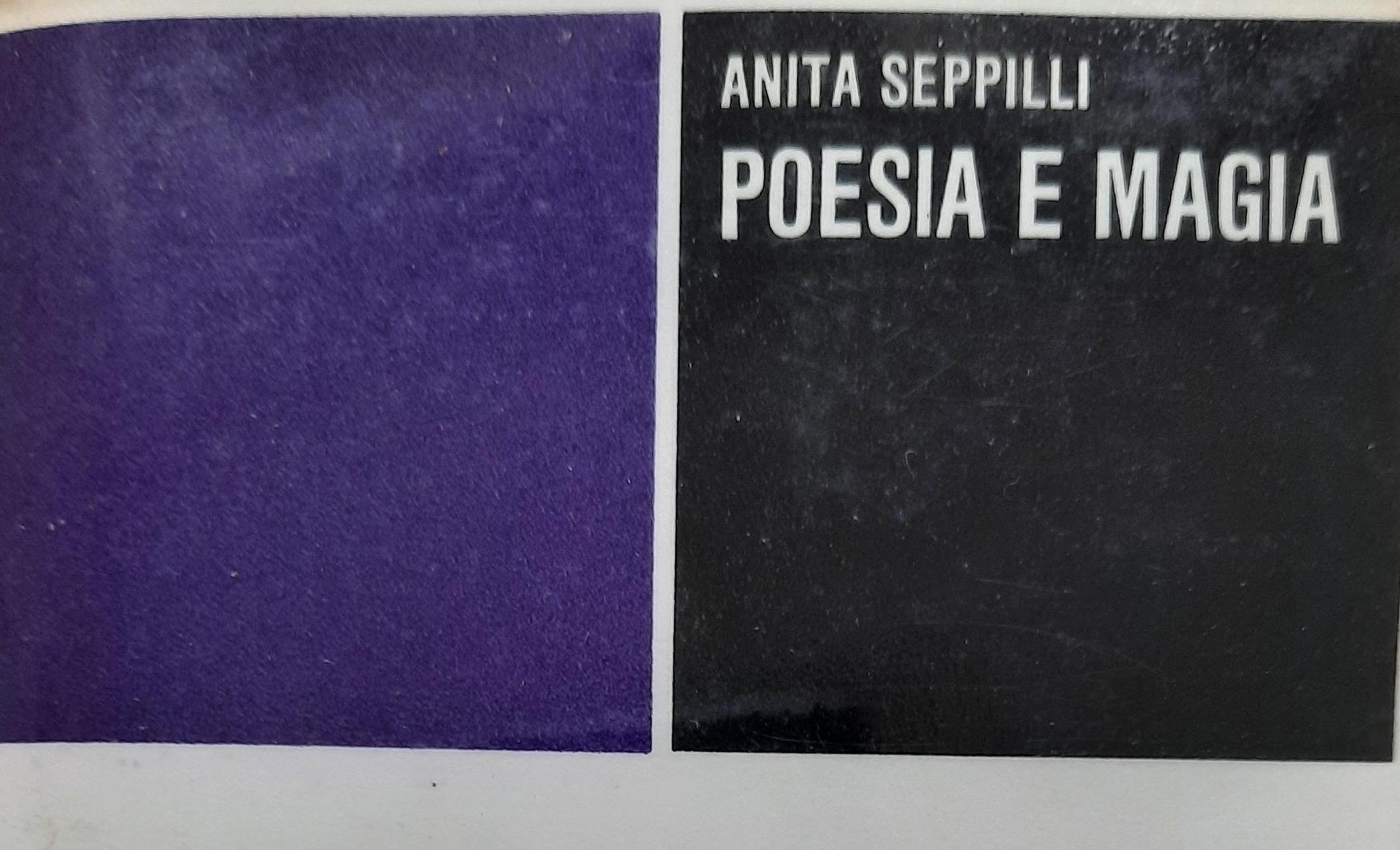
In chapter 4 of Poesia e magia, Seppilli summarised her findings, and outlined the remaining hypotheses she goes on to analyse in the second half of the book. An English translation of a section of this pivotal chapter is offered here to give a flavour of her arguments.
Chapter 4 – ‘Poetry and Magic’ [Anita Seppilli, Poesia e magia, Torino: Einaudi, 1971, pp. 347-51].
We have seen that among ethnic groups which have not yet reached a certain critical capacity, the emotional content that presents itself to their imagination is attributed to an external source: they are in-spired. Each group identifies this source, mythologizing it in their own way, but inspiration is always understood as contact with a creative and purposive super-reality. Therefore, inspiration is poesis, has the value of ‘action’, action par excellence, that is magical action, and is therefore different and superior to ordinary action.
Indeed, everything would lead us to attribute to this fantastic process that takes place in the psyche, to this symbolic activity, which is therefore rich in the energies inherent to the symbol, a co-responsibility in the formation of a magical Weltanschauung and a type of magical technique. We would like to summarize the conclusions we have been able to reach so far, before setting out from the factual data towards new working hypotheses.
- Poetry as poiesis – as a magical action that expresses and evokes the presence of a creative (super)reality, poetry as healer of the very passions that it gathers together in the soul, – possesses implicitly a literally ‘vital’ meaning, which enhances its value at the heart of society so that it becomes necessary.
- Linked in this way to a purpose that would be extrinsic to it, inspiration loses its freedom, sacrifices therefore its own law, and allows itself to be enslaved to a different function, and mixed without criteria with extraneous techniques, which seem to act towards the same end, magic, and which thus pollute it profoundly.
- Therefore, the same evaluation that confers on poetic inspiration a function of extreme importance, which makes it appear socially ‘necessary’, to a degree that it will never again attain, and in this sense favours its development, simultaneously undermines its purity in a thousand ways that even make it fail in that function of creating images and healing, the very cathartic function that favoured the original evaluation error in a magical direction.
Here is what we can therefore predict right now:
- That the mythical-magical heritage that has come to fruition, whatever its poetic value, will only regain its freedom, and be able to achieve the true meaning of art, when it loses its magical function.
- That the magical function to which it was directed cannot have failed to act – whether in a positive or a negative sense – on the mythical heritage, now in the process of becoming a poetic heritage; and this, not only with regard to the formation of the material substance, but presumably also for the spirit that animates it.
To verify the validity of these last working hypotheses, all we have to do is verify how tradition is formed from mythical heritage among ethnic groups with an archaic culture…
… In this living evolutionary process driven by various causes, of which we believe we can detect at least the main ones taking place in history, we arrive evidently at an internal split of traditions. Archaic and outdated forms, and therefore religiously or magically inert versions of the myth and the divine figure, leave the sphere of the sacred, while on the other hand, from the very same myth and divine figure, revived forms adapted to new environmental and spiritual conditions maintain their validity.
In Greek mythology we find many traces of an archaic intuition of the divinity, sometimes still enduring in local cults (such as for example Demeter of Phigalia imagined as a mare), or sometimes detached from the cult complex, yet still perceptible in some ritual details (for example, the funerary sacrifice to Hyacinthus, – a divinity of pre-Greek origin, – in front of his presumed tomb, prior to the great sacrifice to Apollo during the Hyacinthia festival), or remembered in myth, but with no connection or very little, to current sacred tradition, although lingering on vaguely in legend or popular poetic tradition. We find examples of this in the abundance of archaic traces revolving around celestial mythology alone, an example of which is found in the Iliad, especially in the battle of the gods (cantos XX and XXI)…
